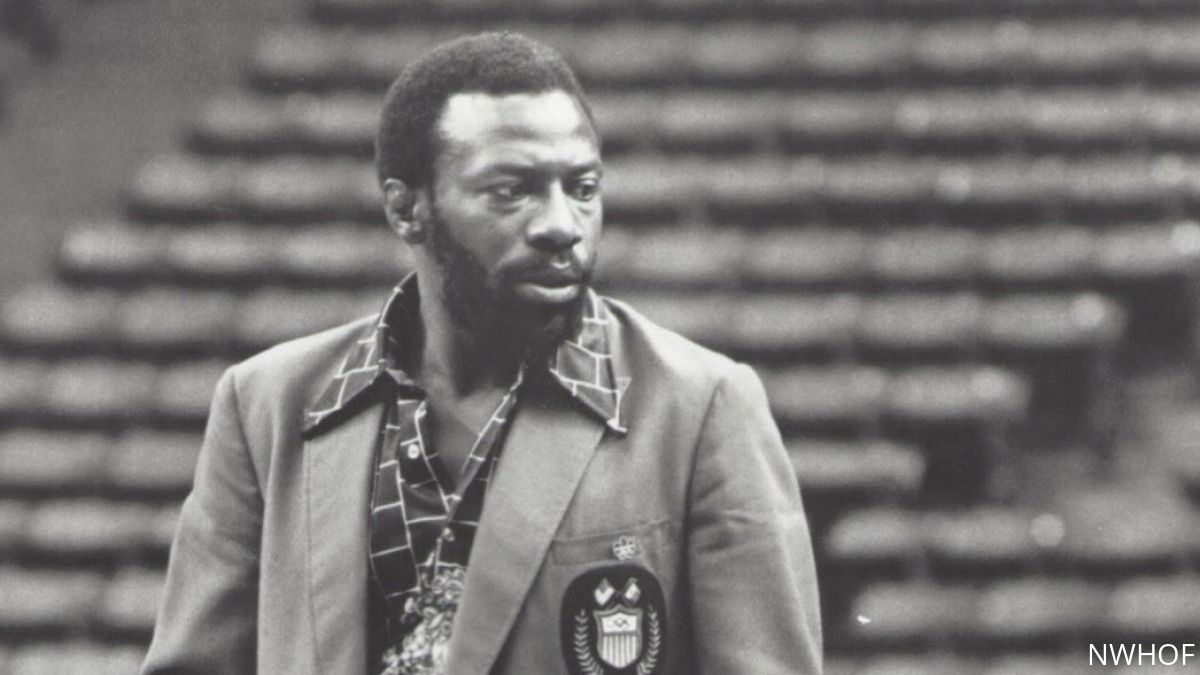"I Have Never Known A More Strategic And Visionary Coach In The Sport"
"I Have Never Known A More Strategic And Visionary Coach In The Sport"
Bobby Douglas to be honored at the National Wrestling Hall Of Fame Dan gable Museum next week.

The National Wrestling Hall of Fame Dan Gable Museum hosted a celebration to honor legendary wrestler and coach Bobby Douglas on November 2 at the Dan Gable Museum.
Douglas began a new tradition when he becomes the first individual to sign his photograph on one of the walls in the museum.
Douglas was inducted into the National Wrestling Hall of Fame as a Distinguished Member in 1987 and was inducted into the Dan Gable Museum’s Glen Brand Wrestling Hall of Fame of Iowa in 2003.
“I was fortunate to be coached by Bobby Douglas on national teams and later to coach national teams with him,” said Lee Roy Smith, Executive Director of the National Wrestling Hall of Fame. “I have never known a more strategic and visionary coach in the sport of wrestling.”
Douglas was the first African American to wrestle in the Olympics, competing in 1964 and 1968, and the first to captain the U.S. Olympic team in 1968. He also wrestled on six World Championship teams, winning a silver medal in 1966 and a bronze medal in 1970. He was an assistant coach for 10 World and Olympic teams, was World Cup coach in 1987 and Olympic coach in 1992.
He had a long and distinguished college coaching career at Arizona State and Iowa State. In 1988, he led Arizona State to the national championship, the only wrestling team title won by a western school, and he led Iowa State to three runner-up finishes.
At Iowa State, he coached Cael Sanderson, who became the first undefeated four-time Division I national champion and later won a gold medal at the Olympics in 2004. Sanderson, who was inducted into the Hall of Fame as a Distinguished Member in 2011, is the wrestling coach at Penn State, where he his teams have won eight of the last nine NCAA team titles.
Douglas was a two-time Ohio state high school wrestling champion and an NAIA national champion for West Liberty State in 1962. In 1963, he reached the NCAA Division I finals and finished second to defending national champion Mickey Martin of Oklahoma. He then transferred to Oklahoma State, where he won the Big Eight Conference title, but was knocked out of the national tournament by injury, ending his college career